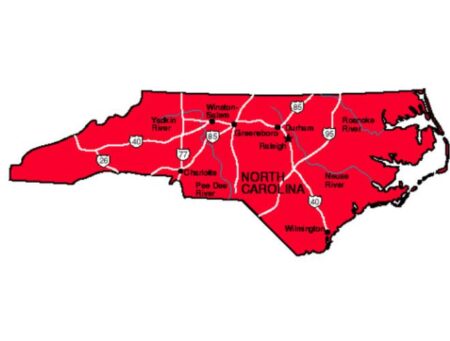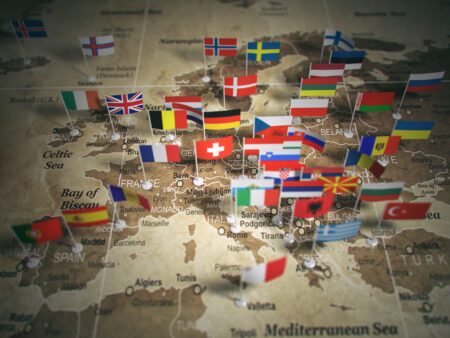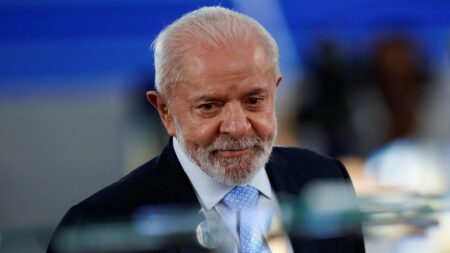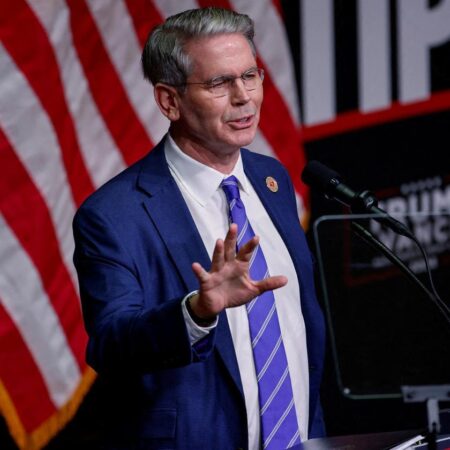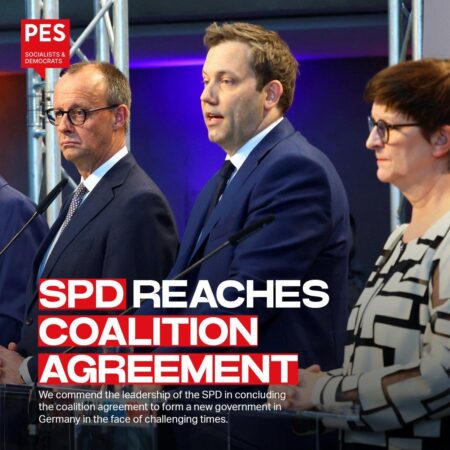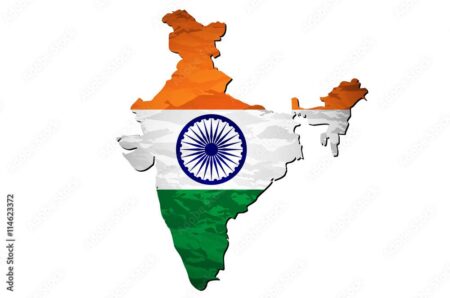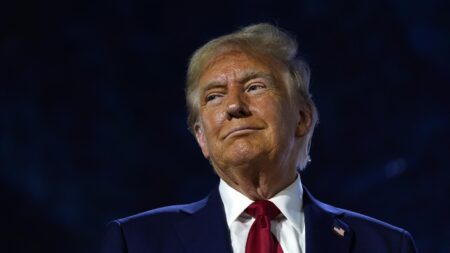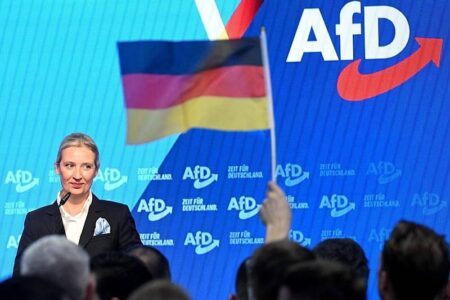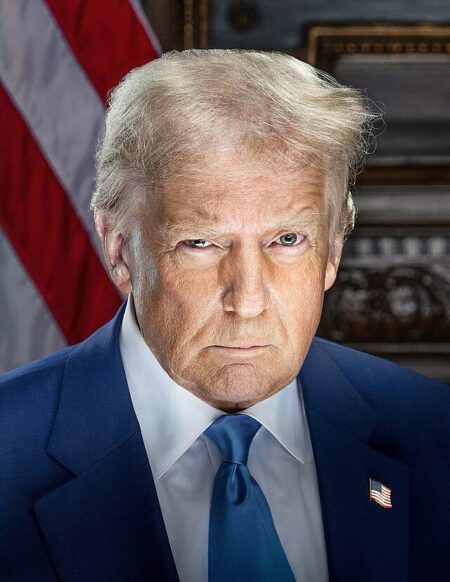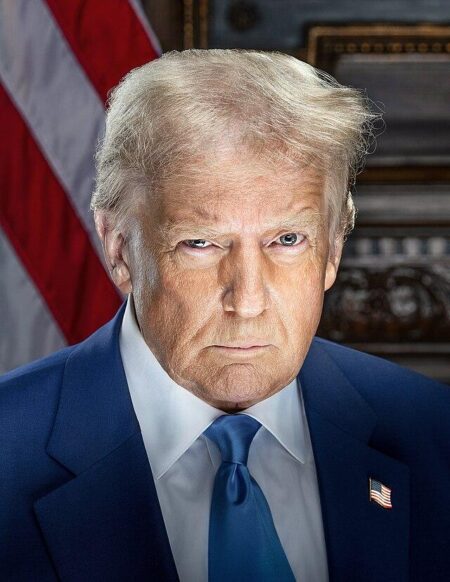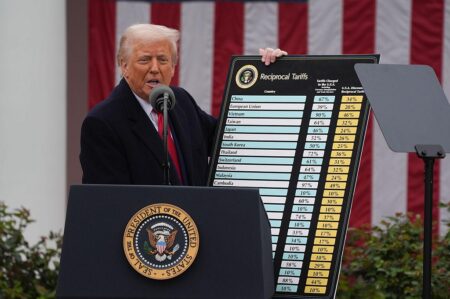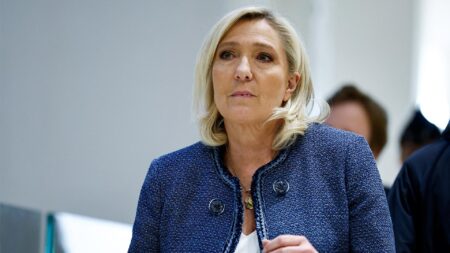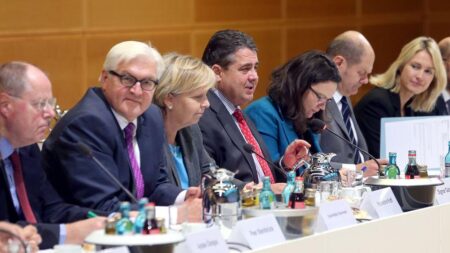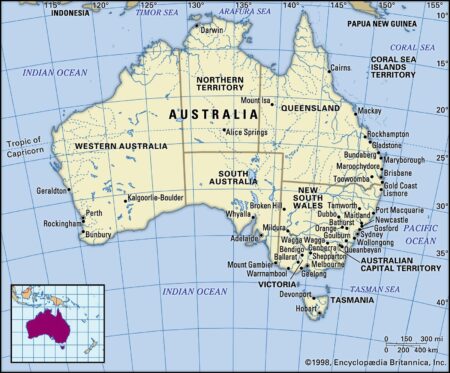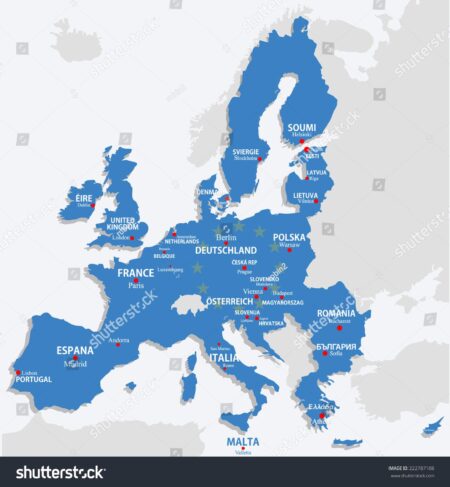In a contentious political landscape, North Carolina Republicans may be poised to manipulate election outcomes through strategic legislation. Critics argue that these tactics undermine democracy, raising concerns about the integrity of future elections in the state.
Browsing: political analysis
Italy’s Giorgia Meloni exemplifies the challenges of moderating Europe’s far-right movements. Despite attempts to present a more palatable image, her government‚Äôs actions reveal the enduring appeal of nationalist rhetoric, threatening EU cohesion.
Once heralded as the world’s most popular politician, Brazilian President Luiz Inácio Lula da Silva is now grappling with a significant drop in approval ratings. Critics point to economic struggles and rising inflation as key factors in this decline.
In a strategic move, Bessent has unveiled a ‚ÄėGrand Encirclement‚Äô plan aimed at countering China’s influence. This ambitious initiative seeks to strengthen alliances and enhance regional stability, reflecting growing concerns over geopolitical tensions.
Germany’s latest coalition contract reveals significant cuts to its aid budget, raising concerns among development organizations. As the government seeks to streamline expenditures, advocates warn that reduced funding could undermine global humanitarian efforts.
Pierre Poilievre’s central appeal as a staunch fiscal conservative is now facing scrutiny, with critics arguing that his rigid stance on economic issues alienates moderate voters. This evolution could impact his campaign’s viability in upcoming elections.
Spain’s Prime Minister Pedro Sanchez urged the European Union to reevaluate its relationship with China, emphasizing the need for a more unified approach in addressing economic and geopolitical challenges posed by Beijing.
India’s response to Trump’s visit highlights strengthened defense ties, technology partnerships, and mutual economic interests. New Delhi balances regional security concerns while navigating the complexities of U.S.-India relations, emphasizing cooperation amid global uncertainties.
In a striking turn of events, Trump’s latest policies have intensified tensions between the U.S. and China, driving both nations closer to a potential economic decoupling. Analysts warn that this rift could reshape global trade dynamics for years to come.
The Alternative for Germany (AfD) has surged to prominence, becoming the country’s most popular party amid rising concerns over immigration and economic instability. Analysts attribute this momentum to a growing discontent with traditional political parties and their handling of pressing issues.
The question of whether former President Trump has red lines regarding Russia remains unresolved, leaving experts divided. As tensions rise, analysts are scrutinizing past statements and policies to gauge Trump’s potential responses to future provocations.
In the wake of escalating trade tensions, former President Trump must remember the core issues that drove his election: American voters prioritize economic stability and affordable prices. A trade war could jeopardize those gains, alienating the very supporters he needs.
The Trump-era tariffs have disrupted Germany’s economic strategy towards China, particularly under the leadership of Friedrich Merz. As trade tensions escalate, Germany faces challenging decisions to adapt its export policies and maintain competitiveness.
President Trump’s recent tariffs have surpassed initial expectations, prompting significant economic implications. Key takeaways include heightened consumer prices, strained international relations, potential job losses in key sectors, and unpredictable market reactions.
In‚ÄĆ a notable‚Äć turning ‚Ā£point in French ‚Äčpolitics, Marine ‚ĀĘLe Pen, ‚ÄĆthe controversial ‚Äćleader ‚Ā£of the National Rally party, has…
Germany’s coalition talks have revealed significant divisions among the parties, particularly on issues such as climate policy and economic reforms. With negotiations underway, key disagreements may shape the future direction of the government.
In the ongoing tensions between Ukraine and Russia, both nations seem to engage in a strategic blame game reminiscent of political maneuvering seen in the Trump era. Each side points fingers, complicating peace negotiations as diplomatic efforts stall.
As Australia prepares for its next federal election, the process of selecting a prime minister will revolve around voter sentiment, party leadership contests, and key issues like climate change and the economy, shaping the nation’s political landscape for years to come.
In a recent analysis, Hungarian conservatives lament the economic disparity between a struggling European Union and a thriving United States. They highlight challenges like inflation and energy crises in Europe, contrasting them with America’s robust growth and innovation.
Russia’s strategic maneuvers in U.S.-led peace talks reveal a calculated approach that leverages disinformation and diplomatic feints, allowing it to shape narratives and gain concessions. This method not only undermines Western unity but also bolsters Moscow’s geopolitical influence.

